Summary:
A young Marc Andreessen and a team of programmers at the NCSA on the campus of the University of Illinois create and publish the Mosaic browser, thereby creating the world wide web’s first killer app. Mosaic enjoys meteoric, overnight discuss. But the higher ups at the NCSA take the project away from the “kids” who created it. Examining Mosaic as the “trial run” for the product that would eventually be called Netscape Navigator.
Listen:
Bibliography:
- http://money.cnn.com/magazines/fortune/fortune_archive/2005/07/25/8266639/
- Architects of the Web: 1,000 Days that Built the Future of Business; Reid, Robert H.; Wiley, 2nd Edition, 1999
- http://money.cnn.com/magazines/fortune/fortune_archive/1995/09/04/205894/index.htm
- http://www.nytimes.com/1995/08/14/business/6-tips-on-how-to-earn-52-million-by-age-24.html
- http://money.cnn.com/magazines/fortune/fortune_archive/1994/12/12/80043/index.htm
- http://www.youtube.com/watch?v=-c8iWUh3Sv4
- https://vimeo.com/7053726
- http://www.thocp.net/biographies/andreesen_marc.htm
- http://users.rcn.com/thomst/marca.html
- Forbes ASAP, August 28, 1995, The Coming Software Shift, George Gilder
- A Brief History of the Future: From Radio Days to Internet Years in a Lifetime; Naughton, John; Overlook Hardcover, 2000
- http://www.mit.edu/~mkgray/net/web-growth-summary.html
- http://www.breakingwindows.net/1link10.htm
- The Silicon Boys: And Their Valley of Dreams; Kaplan, David A.; William Morrow, 1999
- http://www.seas.upenn.edu/~gaj1/shiftgg.html
- Netscape Time: The Making of the Billion-Dollar Start-Up That Took on Microsoft; Clark, Jim; Edwards, Own; St. Martin’s Press, 1999
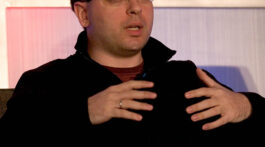




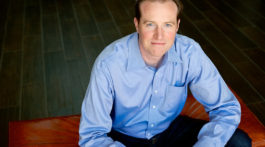


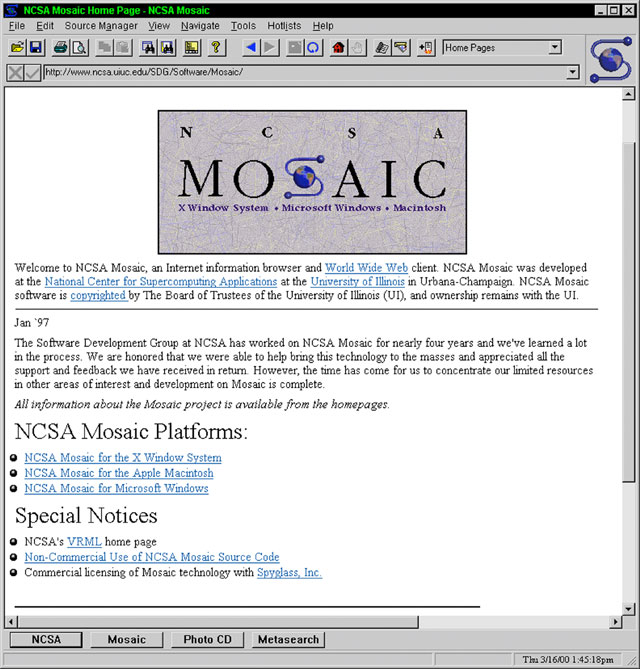

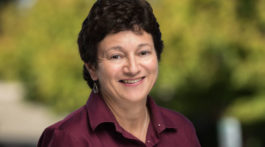
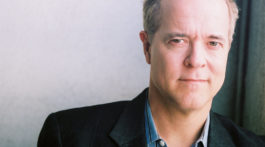

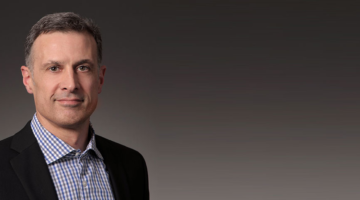
So you are writing a book?
Unsure. That was the idea originally, but now this sort of a crowd sourced project seems more fun.
I hope you write the book that is basically the podcast transcript. I would love that book and buy it Day 1.
The way I think the process is going to go right now is that I’ll write each chapter using existing sources. Then, I’ll post them as podcasts for feedback. That feedback, along with the ancillary interviews I hope to get will of course change the scope of each chapter, sometimes radically, I would think, especially if I uncover some new information.
So, what the final version of the “book” will be (if there does end up being a book) will be heavily informed by listener feedback, debate, and interviews. So, please feel free to pipe up when a topic catches your fancy.
And thanks for listening!
Great. When is the next episode coming out? I really love these. 🙂
Two more interviews with Mosaic/Netscape folk scheduled for this week. Also, I have part 2 of chapter 2 halfway recorded. So, maybe all three coming over the next couple of weeks.
Great! I can’t wait! :))
An opinion on your characterization of Andresson in the early chapters: I think you went too far out of your way to emphasize that you thought he was a “lesser programmer.” You can mention it once to get the opinion on the table … but when you go back to it again and again you come off almost sounding jealous of his success.
That may not have been your intention, but that’s the way it sounded to this listener after you brought up the same issue regarding his programming ability (or lack thereof) for the 4th or 5th time. And, its not as if Andresson was some opportunistic bureaucrat who took over a project already on its way; he was a frigging X/Mosaic programmer; that wasn’t exactly the easiest thing to work with.
Who’s more important, the guy who designed and architected the house or the guy who nailed the boards together?
As we heard later on during the interviews with his colleagues, not one person had a bad word to say about him, his abilities, or his role in the creation and rise of Mosaic.
Btw; i have similar criticisms about your charaterization of Clark’s motives, which you again and again attributed to “revenge” over the fact that he lost control of SGI. I’m sorry, I just have a hard time believing that a successful CEO’s motives were centered around “revenge” against people who probably didn’t have the slightest idea what he was doing when he started Netscape. Did Clark have these same “revenge” motives when he started his third billion dollar company?
Yeah, you know, I was sort of afraid it was coming off like I was slamming Andreessen. I almost put a whole paragraph in there saying something along the lines of, his vision and genius made it happen. I take your criticism because I sort of felt I was coming off like I was diminishing his role.
Actually, my intention was to show that this was a collaborative, team-effort. When you see modern articles about Andreessen, the shorthand is “Inventor of Mosaic and Netscape.” And I just wanted to show that this was a bunch of guys sitting around coming up with new features and really collaboratively/competitively pushing these products forward. It wasn’t just “Marc invented it.” Marc came up with the idea, it’s generally agreed. And his energy pushed the project forward. But, as I think the interviews showed, there were a lot more chefs in that kitchen than just Marc… or even just Marc and Eric Bina.
So, in short. If anyone comes away from this chapter thinking I’m crapping on Marc Andreessen’s genius and contributions, I’m not. It’s just… unlike, say, Facebook, this is not a story of a largely solo programmer making magic happen. I agree, uniformly, everyone I interviewed was more than eager to give Marc credit. But Marc only coded one version: xMosaic. The versions everyone remembers were done by others. Simply pointing that out is for the historical record, and not some anti-Andreessen thing.
As for Clark, there are plenty of quotes from his own mouth out there were he was pretty explicit about his motives. He felt shafted by the way things turned out at SGI. He wanted to do another company and this time retain as much equity as he could so he could get the fortune he felt he deserved. If you read the Michael Lewis book, it almost comes off as if he is driven by a jealousy of Gates and especially Ellison. He’s done as much in the industry as those guys, but at the time, was no where in their league in terms of wealth. There’s even some (somewhat) tongue-in-cheek quotes out there that his whole motivation for taking Netscape public so fast was because he was building that mega-yacht and needed to finance it.
One of the things I love about Jim Clark is how outspoken and honest-to-a-fault he is. I think if I could ask him about his motivations with Netscape, he’d not be afraid to be honest: he wanted a big score. He wanted a notch on his belt and a bank account commensurate with that. I got close to interviewing him, but so far have not. I would love to some day. I very much want to get the “management” side of the tale. I was in discussions with Tom Paquin as well, but so far nothing has come of that either…
[…] Supercomputing Applications at the University of Illinois. As you’ll remember from the very first episode of this podcast, the NCSA was where the Mosaic web browser was created. So, every single one of the […]
[…] “Chapter 1, Part 1, Mosaic” […]
[…] Mosaic Browser Creation 41 mins – “A young Marc Andreessen and a team of programmers at the NCSA on the campus of the University of Illinois create and publish the Mosaic browser, thereby creating the world wide web’s first killer app. Mosaic enjoys meteoric, overnight discuss. But the higher ups at the NCSA take the project away from the “kids” who created it. Examining Mosaic as the “trial run” for the product that would eventually be called Netscape Navigator. A young Marc Andreessen and a team of programmers at the NCSA on the campus of the University of Illinois create and publish the Mosaic browser, thereby creating the world wide web’s first killer app. Mosaic enjoys meteoric, overnight discuss. But the higher ups at the NCSA take the project away from the “kids” who created it. Examining Mosaic as the “trial run” for the product that would eventually be called Netscape Navigator.” At the link right-click “Download here” and select “Save Link As” from the pop-up menu. […]
[…] History Podcast, Brian McCullough, “Mosiac” (25 Jan 2014) […]